
What are Home and Natural Remedies for Toothache Pain?
Getting to the bottom of what’s causing your tooth pain is essential. From there, you can figure out the best way to alleviate any discomfort, swelling, or other symptoms you may be experiencing.
Saltwater rinses and cold compresses can help alleviate minor toothaches, but if the pain persists, a dentist may be necessary. For more than a few days, you should see your dentist. Using their expertise, you can learn how to alleviate your symptoms and prevent them from returning in the future.
If you’re pregnant, breastfeeding, or have a medical condition that could be affected by herbal ingredients, you should consult your dentist before using any of the following home and natural remedies for toothache pain.
Learn more by continuing to read.
1. Saltwater rinse

A saltwater rinse can be an effective first-line treatment for many people. To remove food particles and debris that may be stuck between your teeth, use salt water as a natural disinfectant.
Using saltwater to treat a toothache can also help reduce inflammation and heal any wounds in the mouth. Combine 1/2 teaspoon (tsp) salt with warm water and use it as a mouthwash to combat bad breath.
2. Hydrogen peroxide rinse
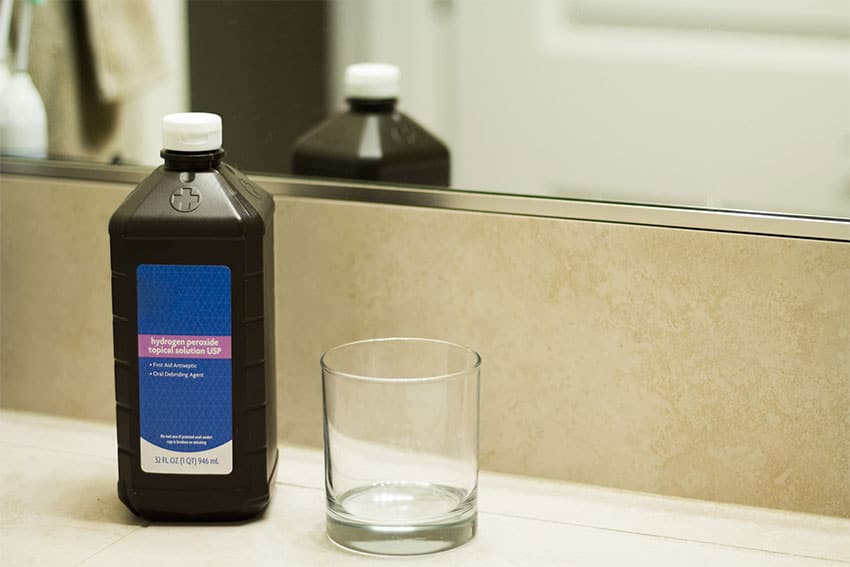
In addition, a hydrogen peroxide rinse may alleviate swelling and discomfort. Hydrogen peroxide can also reduce plaque and heal bleeding gums, in addition to destroying bacteria.
Make sure the hydrogen peroxide is properly diluted. Make a mouthwash by combining 3 percent hydrogen peroxide with equal parts of water. Don’t suck it down.
3. Cold compress

If your toothache is the result of trauma, apply a cold compress to the area to reduce swelling and discomfort.
In order to reduce swelling, you can apply a cold compress directly to the affected area. This reduces the intensity of the pain. Swelling and inflammation can be reduced by using a cold compress.
Hold a towel-wrapped bag of ice to the affected area for 20 minutes at a time in order to use this method. Every few hours, you can do this again and again.
4. Peppermint tea bags
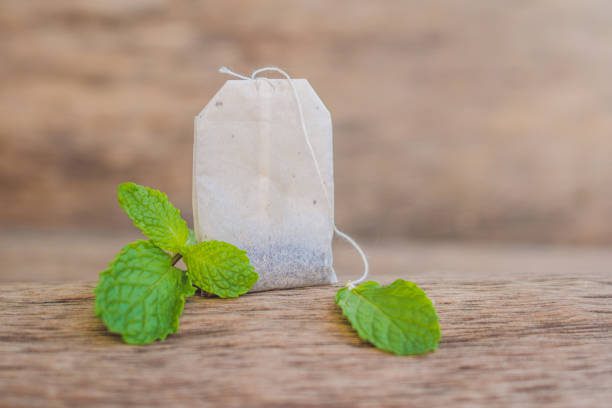
Using peppermint tea bags to numb and soothe sore gums is an option.
The teabag should be cooled down before applying it to the affected area. Still, the temperature should be just right.
Alternatively, you can use this method to cool down the area. Apply the bag to your tooth by placing a used tea bag in the freezer for a few minutes to chill it. The health benefits of peppermint can be found here.
5. Garlic
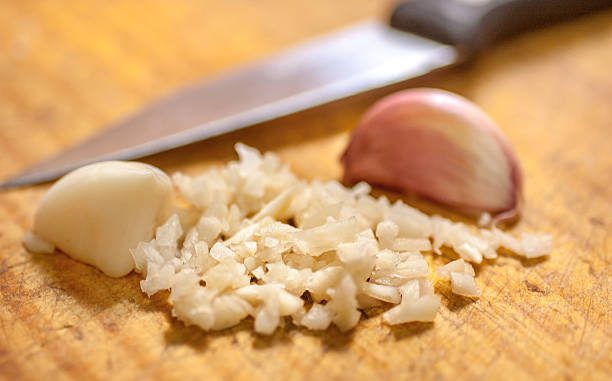
Garlic’s medicinal properties have been known and used for thousands of years. Antibacterial properties are also included. Dental plaque-causing bacteria are not the only ones it can kill with this substance; it can also act as a pain reliever.
Crush a clove of garlic to make a paste and apply it to the area of pain. Add a pinch of salt if you’d like. Fresh garlic can be chewed slowly as an alternative.
6. Vanilla extract
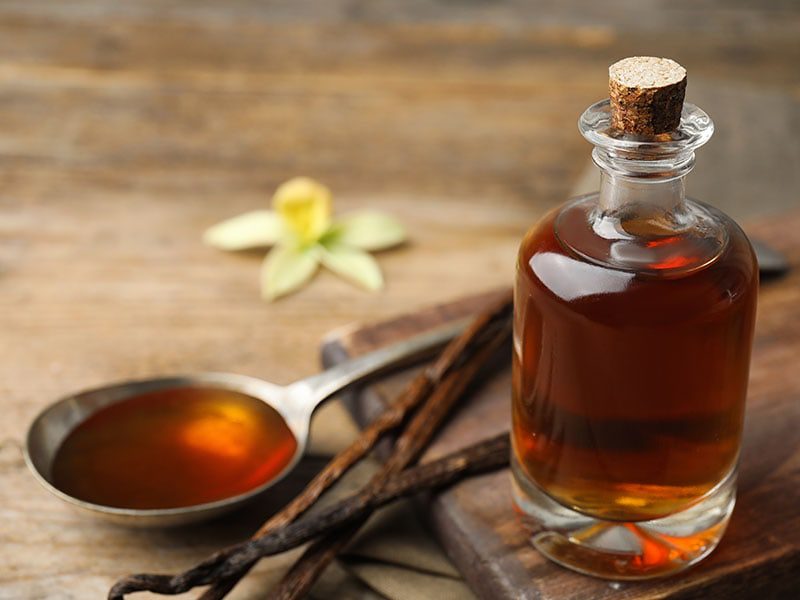
Alcohol in the vanilla extract has been shown to have analgesic properties. Antioxidant properties make it a powerful healer as well. Just make sure you use real vanilla rather than imitation vanilla.
Dab a small amount of vanilla extract onto your finger or a cotton ball to use this home remedy for a sore throat. Apply it several times a day to the affected area.
Other natural remedies
Some of these home remedies will require you to go to a health food store or order online in order to obtain the necessary ingredients.
A reputable manufacturer is especially important at this time because your teeth and gums are likely to be inflamed. This will help to minimize any discomfort you may feel as a result.
7. Clove

Clove has long been used to relieve toothache pain. The oil’s ability to relieve pain and inflammation is well-documented. It has antiseptic properties due to the presence of eugenol in it.
Dilute clove oil with a carrier oil, such as sunflower or jojoba oil, to use this method. The National Association of Holistic Aromatherapy recommends using 15 drops of clove oil per ounce of carrier oil.
Then, apply a small amount of the diluted oil to the affected area several times a day with a cotton ball. You can also make a mouthwash by adding a drop of clove oil to a small glass of water.
8. Guava leaves

The anti-inflammatory properties of guava leaves can aid in the healing of wounds. They have antimicrobial properties as well, which makes them useful for maintaining good oral health.
Chew on fresh guava leaves or use a mouthwash made from crushed guava leaves in boiling water to use this remedy.
9. Wheatgrass
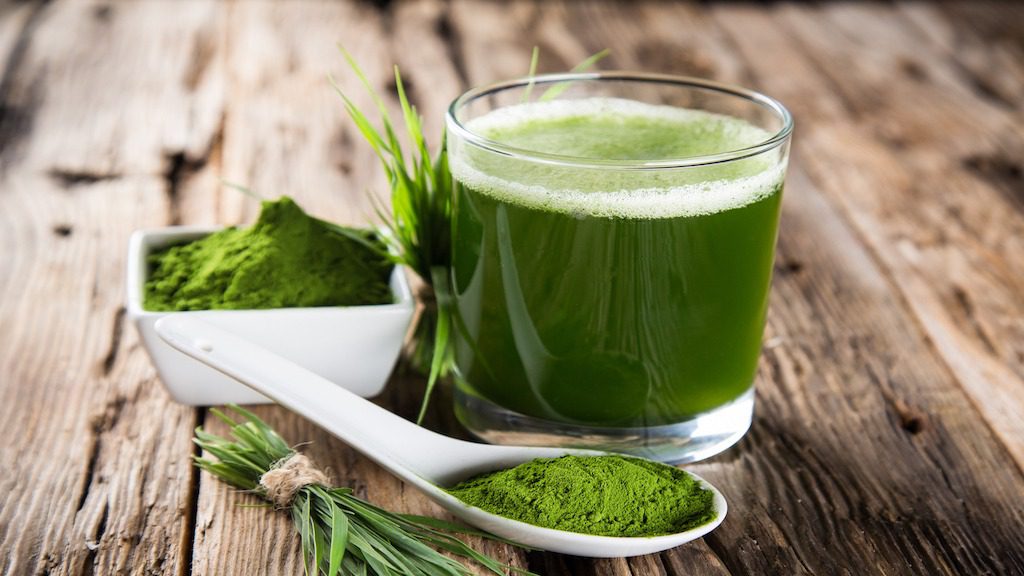
Anti-inflammatory and immune-boosting properties abound in wheatgrass. Many nutrients, including a high concentration of chlorophyll, in this food aid in the fight against bacteria.
Wheatgrass is both a food and a mouthwash.
10. Thyme
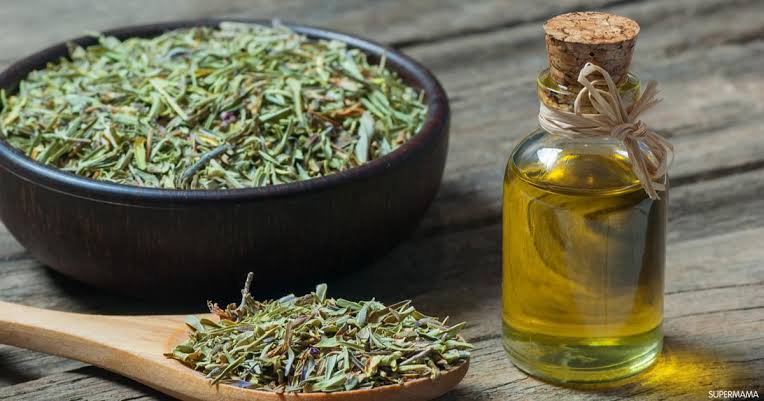
Toothaches may be alleviated by the herb’s powerful antibacterial and antioxidant properties. It may even aid in the fight against oral decay-causing bacteria.
Dilute the thyme essential oil with a carrier oil and then apply it to the affected area for better results. You can also make a mouthwash by adding a few drops of the oil to a small glass of water.
11. Toothache plant
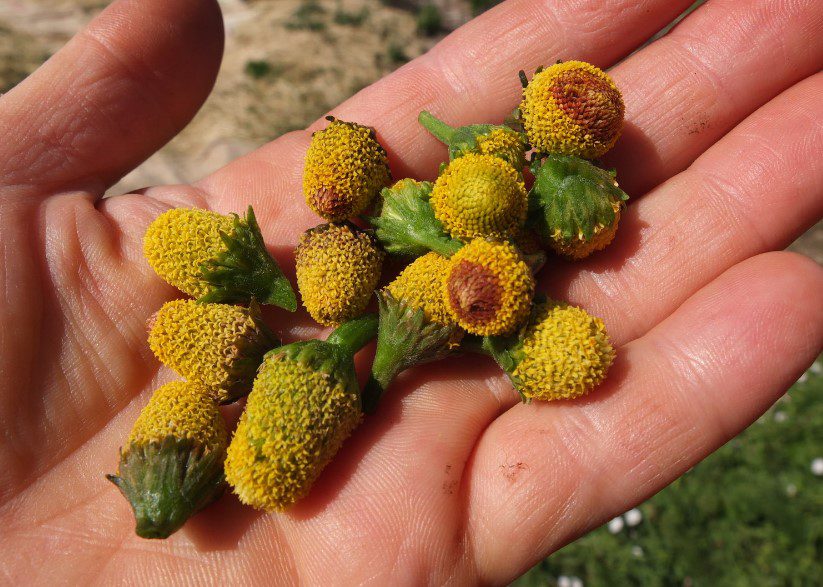
Flowering plants are known as the “toothache plant” are native to tropical and subtropical regions. Anti-inflammatory properties were found in its active ingredient, spilanthol, according to a report from 2021. When chewed, it produces a numbing effect.
To be safe, you should not use this plant in the following situations:
- you’re allergic to plants in the daisy family
- you drink alcohol
- you use diuretics
- you have prostate cancer
- you’re pregnant
See your dentist

As a general rule, if your toothache is severe or is the result of a more serious medical condition, you should see your dentist immediately. Toothaches often necessitate the assistance of a dentist. It’s possible to alleviate some of the discomforts by taking ibuprofen, an over-the-counter pain reliever.
Any of the following signs or symptoms necessitates an appointment with your dentist:
- fever
- trouble breathing or swallowing
- general pain that lasts more than one or two days
- swelling
- pain when you bite
- abnormally red gums
- foul-tasting discharge, or pus
What to expect from your dentist
Your dentist will conduct a thorough examination of your mouth during your visit. They’ll look into the source of your toothache and see if they can locate it. For an x-ray, they may also do so.
The underlying cause of your toothache will dictate the course of treatment.
- If dental decay is to blame for your toothache, your dentist will likely remove the decay and replace it with a filling.
- A new filling may be placed if a previous one is causing discomfort.
- There are a variety of treatment options available to you if you have a tooth abscess.
- They may recommend a mouthguard if your pain is caused by grinding or clenching your teeth.




